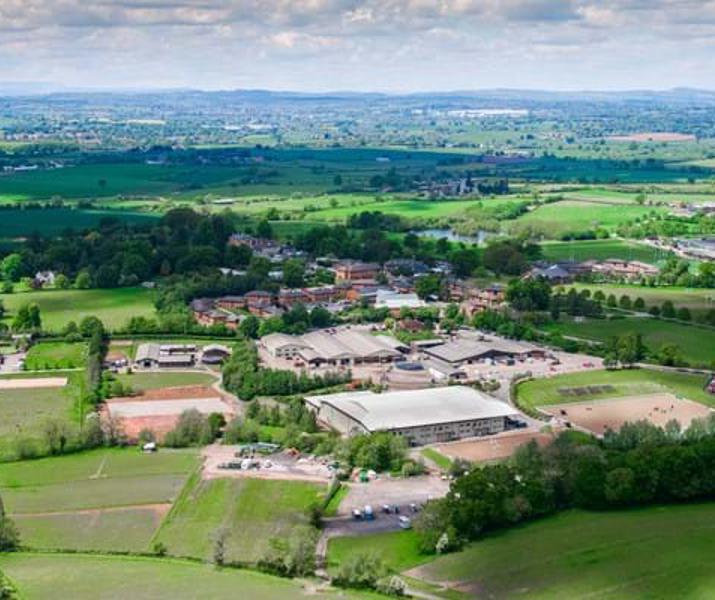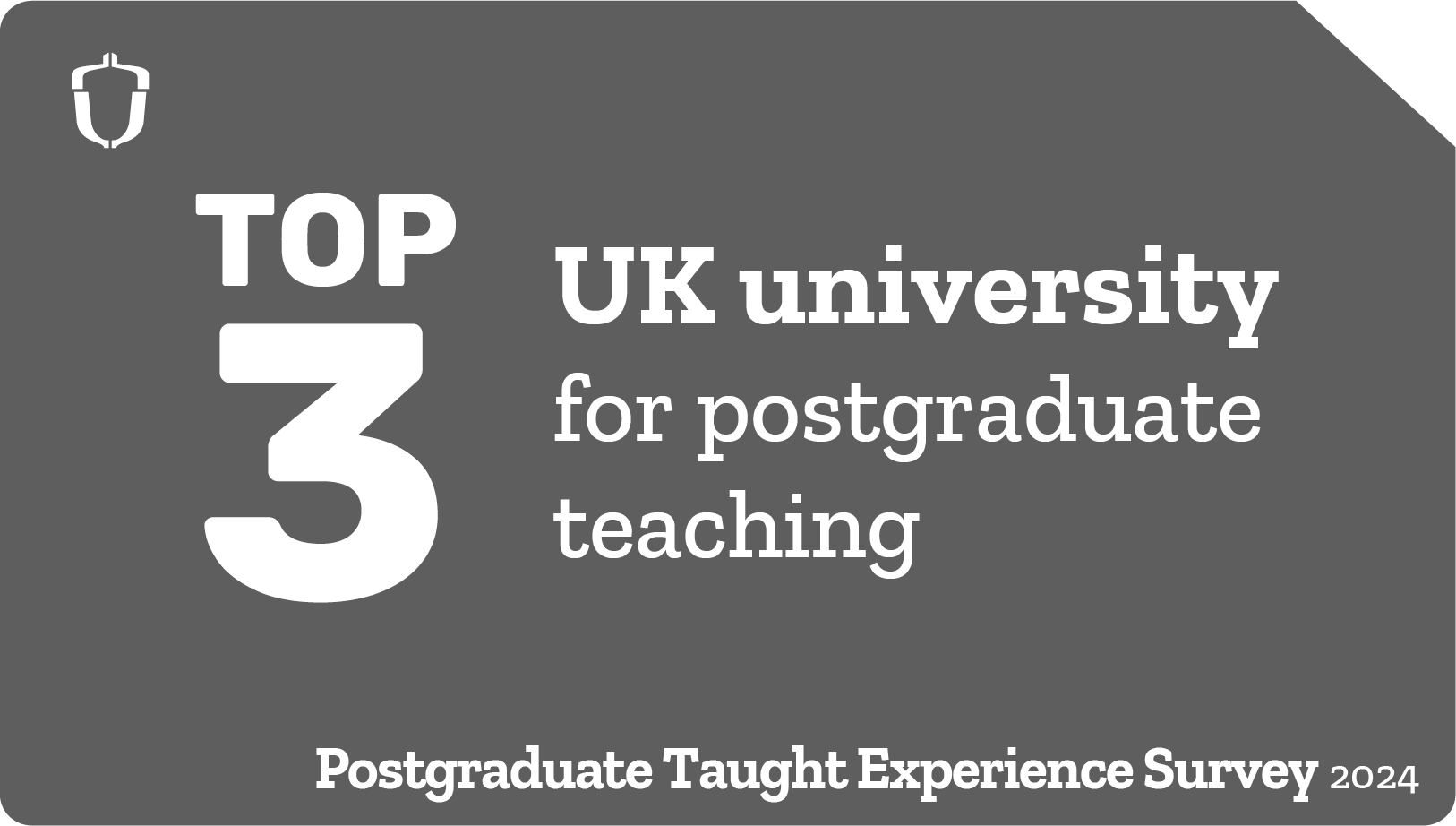The master’s degree focuses on the science of agricultural production, focused on meeting current industry sustainability challenges. You’ll understand how livestock management research is informing critical initiatives to address urgent global issues across the next 50 years.
A central theme will be investigating how science can support industry to conserve natural resources; this is increasingly vital as resources become scarce and pressure to meet sustainable developments goals (SDGs) increases. You’ll evaluate effective measurement models, understanding how farming systems support the effective management of natural, manufactured and human resources, to maximise sustainability and business profitability. This will include controlling supply, demand and business value chains.
To enhance your learning, you’ll engage in new ways with your own professional practice, increasing your ability to relate academic theory to the work environment. This will ensure you’re building identified work-related skills - intellectual, transferable and subject specific - to enhance your career.
Through your dissertation, you’ll design and deliver a piece of research in line with your interests or professional focus. This could be based in your own workplace or another industry area, for example, an initiative on our commercial farm, Agri-Tech Centre or as part of our Digital Innovation Farm project.
Studying a postgraduate certificate or diploma is ideal for those who want to complete a specific part of this master’s degree, without the academic research. In particular, this may suit people who are working in a specific agricultural sector and just want to focus on that one area for their study.
Your PGCert includes the modules focusing on the principles and practices of production and husbandry, sustainable systems and resource management. Please view the specific module breakdown for further details.
The PGDip includes all of the specialist modules without completion of a larger research dissertation. Please view the specific module breakdown for further details.
Below you’ll find the compulsory modules for the master’s (MSc) course.
If you choose to study a postgraduate diploma or postgraduate certificate, you’ll be able to choose from a range of optional modules to suit your interests and career goals. Optional modules change each year in line with student, industry and research demands.
Module credits
Upon successful completion of your modules, you’ll gain academic credit that accumulates towards your award. The marks you gain may contribute towards your final master’s degree differential award (pass, merit or distinction).
Modules
The Research Process (MSc and PGDip) (15 credits)
This includes discussion of research methodologies and applications, as well as strengths, weaknesses and limitations of different methods.
Sustainable Agricultural Production (MSc, PGDip and PGCert) (45 credits)
The module will support the students to evaluate the importance of all aspects of sustainable production within the modern industry, the legal and other frameworks governing agricultural management and review the philosophies within sustainable agricultural production, allowing for critical appraisal of current systems and assured produce production schemes.
Through this, the students will be able to select appropriate strategies for achieving sustainable targets and highlight the commercial possibilities and the uncertainties associated with such systems whilst understanding integrated land use strategies for livestock and crop production systems that manage land in a sustainable manner, giving due consideration to environmental protection, conservation of natural resources and economic growth.
Sustainable Resource Management in Agriculture (MSc, PGDip and PGCert) (15 credits)
Focus your attention on the importance of sustainable resource management within industry to enable you to effectively measure the capacity and efficient use of critical resources (natural, manufactured and human).
This will help you to balance resource supply / demand, maintain control over sustainable resource utilisation and improve cost efficiency to ensure business viability.
Sustainable Development (MSc and PGDip) (30 credits)
Increase your ability to relate academic theory to the work and business environment to sustainably meet individual and industry aims and objectives. This will include developing self and business to meet one health (people, planet, animals) targets aligned to sustainable development goals.
Postgraduate Dissertation (MSc only) (60 credits)
Develop and undertake a research project of your choosing on a topic related to agricultural sciences.
Applied Animal Welfare Assessment (MSc and PGDip) (15 credits)
Bring together your understanding of ethical frameworks, animal welfare science, and animal behaviour measurement. You will then be able to navigate the complexities of assessing animal welfare in the real world.













